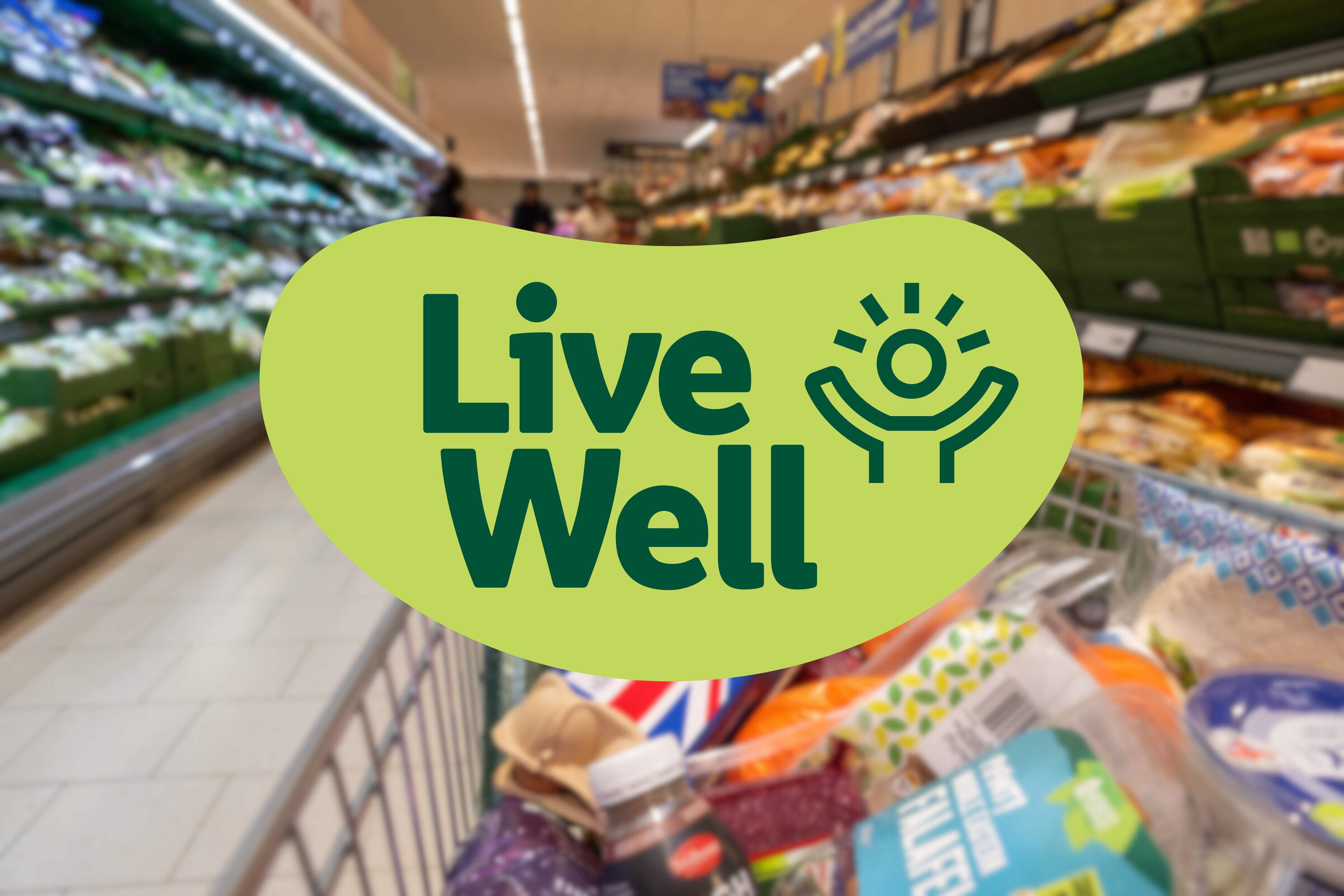As part of its 10-Year Health Plan, the UK government has announced new guidelines for baby food producers, which will challenge them to reduce levels of salt and sugar in their products.
This will need to be achieved without the use of sweeteners as these are not permitted for use in commercial baby food.
Clearer labelling guidelines are also set to be introduced to help parents more easily understand what food they are buying for their children.
Obesity costs the NHS £11.4 billion a year and is one of the root causes of diabetes, heart disease and cancer, and obesity rates have doubled since the 1990s – including among children.
High sugar intake in children’s diets is a significant factor contributing to high rates of childhood obesity in the UK, which is among the highest in Western Europe.
The hope is that these new voluntary guidelines will support parents in making easier and healthy choices – and without having to change the products they buy.
“Every child deserves a healthy, happy start to life. But babies’ development is being harmed by poor diets and unhealthy food, holding them back and piling up pressure on the NHS,” said public health minister Ashley Dalton.
“Too often, parents are bombarded with confusing labels, disguising unhealthy foods packed with hidden sugars and salt.
“Our Plan for Change will tackle this, giving parents the information they need and providing children with good nutritious food.
“I’m determined to make it far easier for parents to keep their children healthy. From working with influencers to get children exercising, to banning junk food ads near schools – our 10 Year Health Plan will help kids today be part of the healthiest generation of children ever.”
The guidelines will also tackle misleading labelling that often conflicts with official feeding advice. For example, some products labelled as snacks for babies from seven months onwards directly contradict government recommendations that children aged 6-12 months do not need snacks between meals, only milk.
Manufacturers will also be told to stop using misleading marketing claims that make products appear healthier than they are; for example, products with labels such as ‘contains no nasties’ – when products may be high in sugar.
This move follows data published in June by the National Diet and Nutrition Survey which shows that more than two-thirds of children aged 18 months to 3 years are eating too much sugar, while over a fifth of children aged 4 to 5 years are overweight or living with obesity in England.
“Feeding babies shouldn’t be a guessing game,” said Charlotte Stirling-Reed, a baby and child nutritionist.
“Parents deserve transparency and trust when it comes to feeding their children. These updates—less sugar and salt, clearer labelling—are a step towards empowering families and supporting children’s health from the very start of life.
“It’s also about fairness: giving brands a solid framework while ensuring that commercial baby foods actually align with Government infant feeding guidelines.”
Whilst the representatives have welcomed the move, they have urged the Government to keep an eye on progress and consider making the new guidelines mandatory.
“The industry has been warned to clean up their act with voluntary guidelines, but to truly protect children, mandatory standards are needed. We urge the government to monitor progress closely and be ready to step in if companies don’t act,” stated Dr Hannah Brisden, head of policy and advocacy for the Food Foundation.
“These long-overdue voluntary guidelines are a step in the right direction, but they must not be the final word,” agreed Dr Kawther Hashem, head of research and impact at Action on Sugar.
“If we’re serious about protecting our youngest children, these guidelines must be made mandatory. We urge the government to closely monitor progress and act swiftly if companies fail to change.”
This news comes on the same day as new research reveals the positive impact HFSS legislation has had on reducing the sale of less healthy foods.





